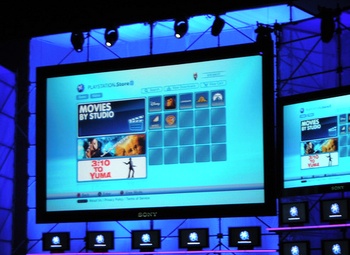 While the U.S. version launched all the way back in July 08, it’s been a long wait for users across the pond. Along with announcing a new slimmer version of the PS3 and a bunch of other service enhancements, yesterday Sony revealed that the PlayStation video store will be opening its doors to parts of Europe from November this year.
While the U.S. version launched all the way back in July 08, it’s been a long wait for users across the pond. Along with announcing a new slimmer version of the PS3 and a bunch of other service enhancements, yesterday Sony revealed that the PlayStation video store will be opening its doors to parts of Europe from November this year.
From gamesindusty.biz:
Film companies Lionsgate, Paramount, MGM, Walt Disney, Fox, Universal and Warner Bros have been signed up by Sony, which will result in the delivery of “hundreds of movies straight to your PS3 and PSP,” Sony’s Andrew House has confirmed at the Gamescom Sony press conference in Cologne. These films will be purchasable using the usual wallet system, and the store will be rolled out in other territories throughout 2010.
While Sony will get there in the end — the company was already playing catchup in the games console delivered online video space even in the U.S. — the hold up is likely to be the usual issue of content licensing. Striking deals in one territory doesn’t guarantee speedy success in another.
In related news, Sony also announced that in the UK, the version of the BBC’s iPlayer TV catchup service for the PlayStation 3 will be promoted through the console’s ‘What’s new’ section being introduced as part of a new firmware update.
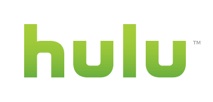 Users who are complaining that they can no longer access the online video site Hulu on through their PlayStation 3’s web browser are being given an official explanation. The short version: it’s not Hulu’s fault per se but the result of keeping content owners, who don’t want the service to compete with revenue generated by traditional television distribution, happy.
Users who are complaining that they can no longer access the online video site Hulu on through their PlayStation 3’s web browser are being given an official explanation. The short version: it’s not Hulu’s fault per se but the result of keeping content owners, who don’t want the service to compete with revenue generated by traditional television distribution, happy. 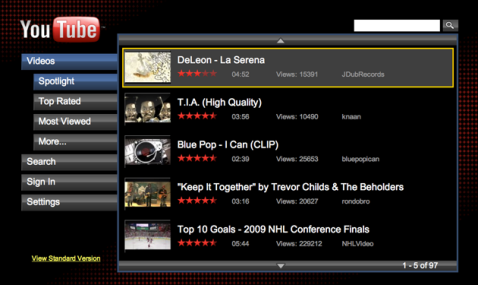
 It’s looks like Sony may finally be getting serious about its download service for the PlayStation Portable (PSP), with the company considering a subscription-based game rental offering and a la carte music downloads akin to the iTunes Store.
It’s looks like Sony may finally be getting serious about its download service for the PlayStation Portable (PSP), with the company considering a subscription-based game rental offering and a la carte music downloads akin to the iTunes Store. 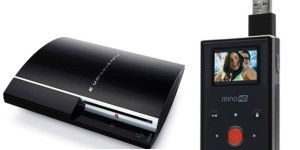
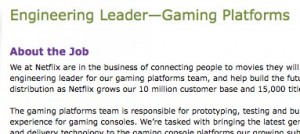 While Netflix streaming has been an
While Netflix streaming has been an 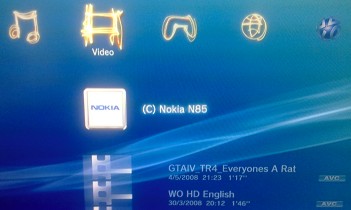 A much overlooked feature of Nokia’s Nseries smartphones is their ability to share media with other DLNA-certified devices. In fact, DLNA certification in general is marketed very poorly considering that it goes someway to reaching the holy grail of home media whereby various devices – computers, cellphones, games consoles, hard drives, media streamers and other hardware – can all play nicely together to share and stream media around the home. That’s the aim anyway, although in practice not only is DLNA’s messaging underwhelming, but issues such as copyprotection and varying support for different file formats have held back the technology, which,
A much overlooked feature of Nokia’s Nseries smartphones is their ability to share media with other DLNA-certified devices. In fact, DLNA certification in general is marketed very poorly considering that it goes someway to reaching the holy grail of home media whereby various devices – computers, cellphones, games consoles, hard drives, media streamers and other hardware – can all play nicely together to share and stream media around the home. That’s the aim anyway, although in practice not only is DLNA’s messaging underwhelming, but issues such as copyprotection and varying support for different file formats have held back the technology, which, 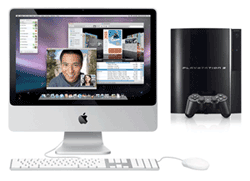 My PlayStation 3 gets used on an almost daily basis but, surprisingly, not usually for gaming. Instead, the PS3 sits at the center of my home media setup, permanently plugged into my High Definition TV, giving me access to photos,
My PlayStation 3 gets used on an almost daily basis but, surprisingly, not usually for gaming. Instead, the PS3 sits at the center of my home media setup, permanently plugged into my High Definition TV, giving me access to photos, 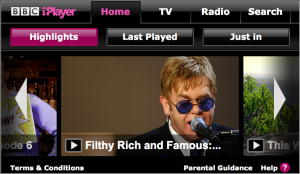 Now that the PlayStation 3’s web browser
Now that the PlayStation 3’s web browser